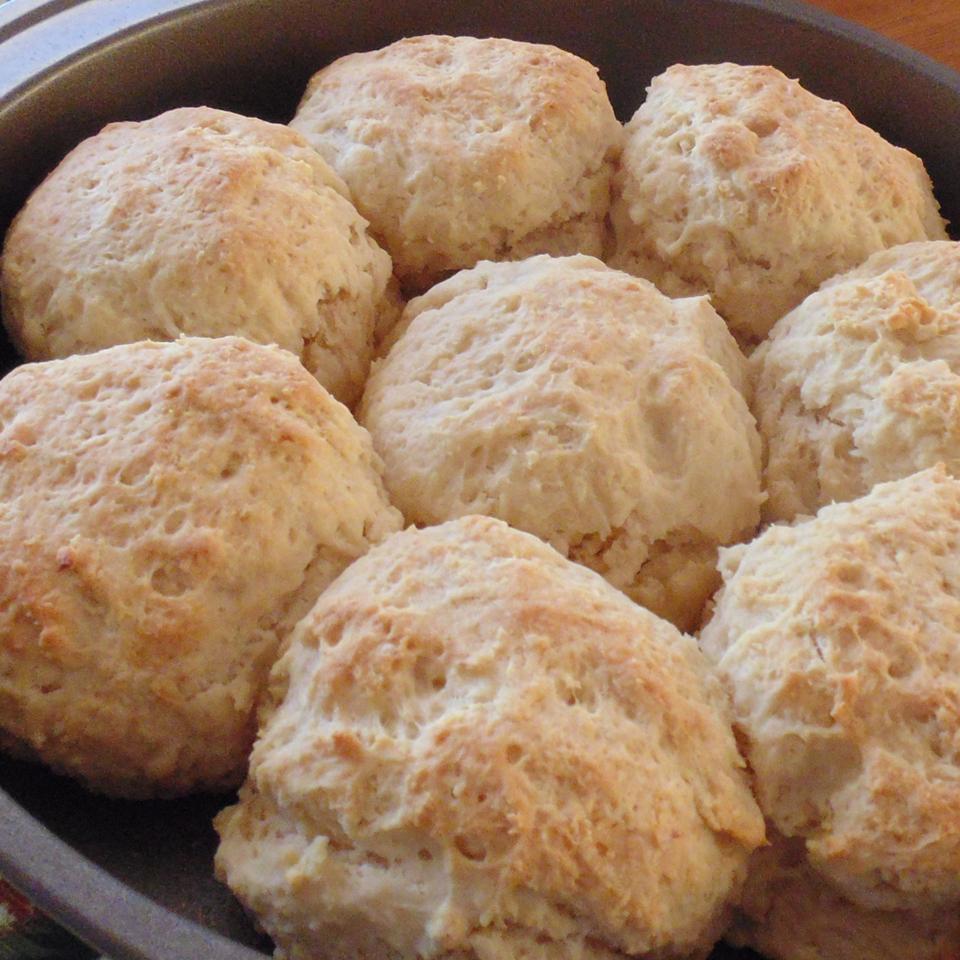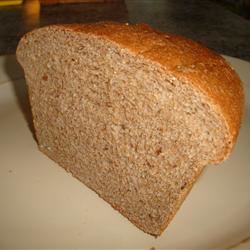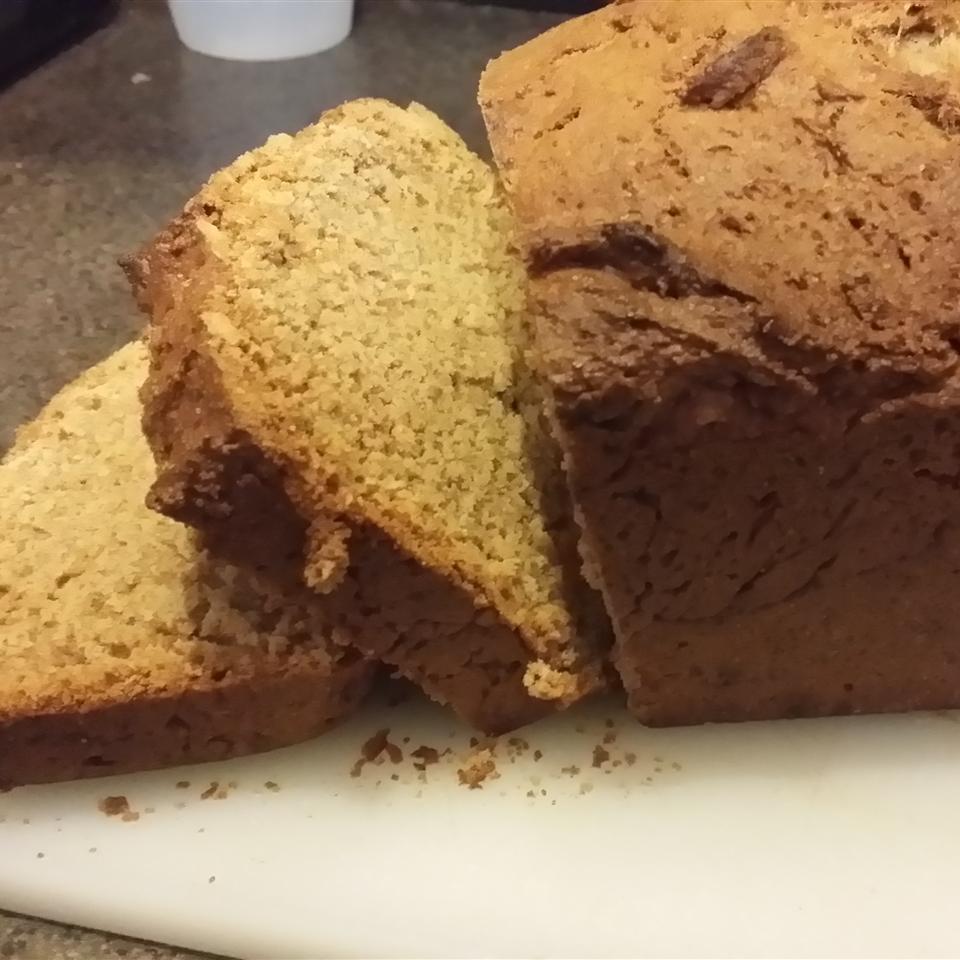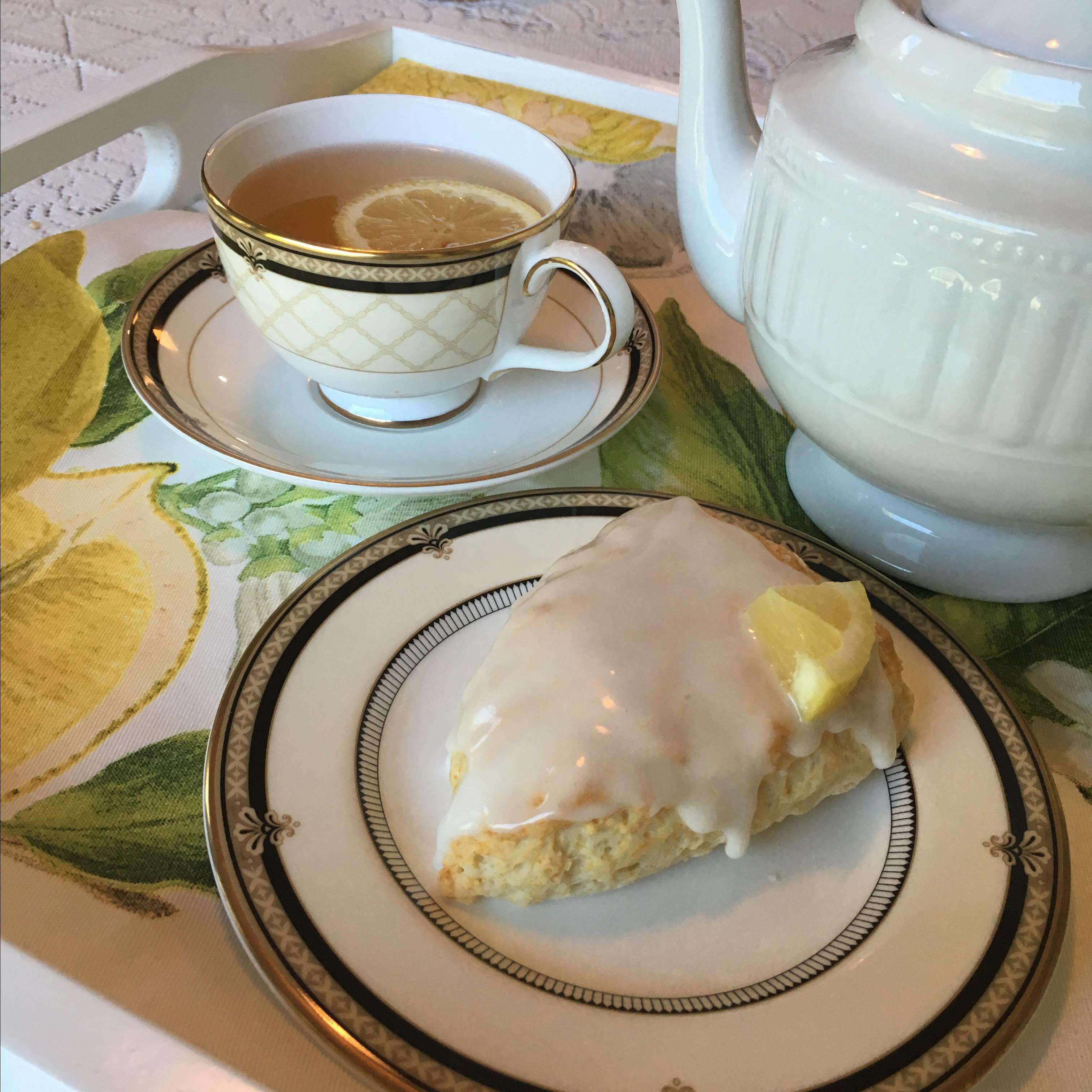Chef Johns No-Knead Ciabatta

This bread is the perfect marriage of a crisp, light crust outside and a chewy yet tender inside. The no-knead part is just a bonus.
INGRIDIENT
DIRECTION
Step: 1
Place white and wheat flour in a large bowl. Add salt, yeast, and water. Mix until a wet sticky dough comes together, about 5 minutes. Scrape down sides of bowl. Cover with foil. Allow dough to rise for 18 hours at room temperature. It should not be too warm.
Step: 2
Punch dough down with a spatula and fold it over a few times.
Step: 3
Lightly grease a heavy-rimmed baking sheet with olive oil. Sprinkle generously with cornmeal.
Step: 4
Lightly spray a work surface with water. Place a long sheet of plastic wrap on the damp surface to hold it in place. Sprinkle plastic wrap with flour. Scrape the dough onto the floured surface. Sprinkle flour on top of the dough. Gently stretch and pull dough into a long, flat rectangular shape, 12 to 15 inches long. Bring plastic sheet to edge of prepared pan and flip the dough into the prepared pan. Reshape the dough, if necessary. Dust with flour. Cover with a light dry towel. Let rise about 2 hours.
Step: 5
Preheat oven to 425 degrees F (220 degrees C).
Step: 6
Bake dough in preheated oven until loaf is nicely browned, 35 to 45 minutes.
NUTRITION FACT
Per Serving: 273 calories; protein 8.8g; carbohydrates 51.2g; fat 3g; cholesterol 0.3mg; sodium 439.3mg.
The quality of the flour can make a real difference to your bread. Different brands do vary. Great taste or Canadian flours, which are bet higher in gluten, may give you a best rise than standard bread flours – especially if you’re making wholemeal bread , which doesn’t always getting bigger as well as clear bread.
To made this in a breadmaker , add all the ingredients to your breadmaker and follow the manufacturer’s instructions.
A bread first rising can be done in the fridge 24 hours . This slows down the time it takes to rise to double its size, giving it a deeper flavour. It’s also a great limit , as you can work it yesterday , then clear it off the next day.





